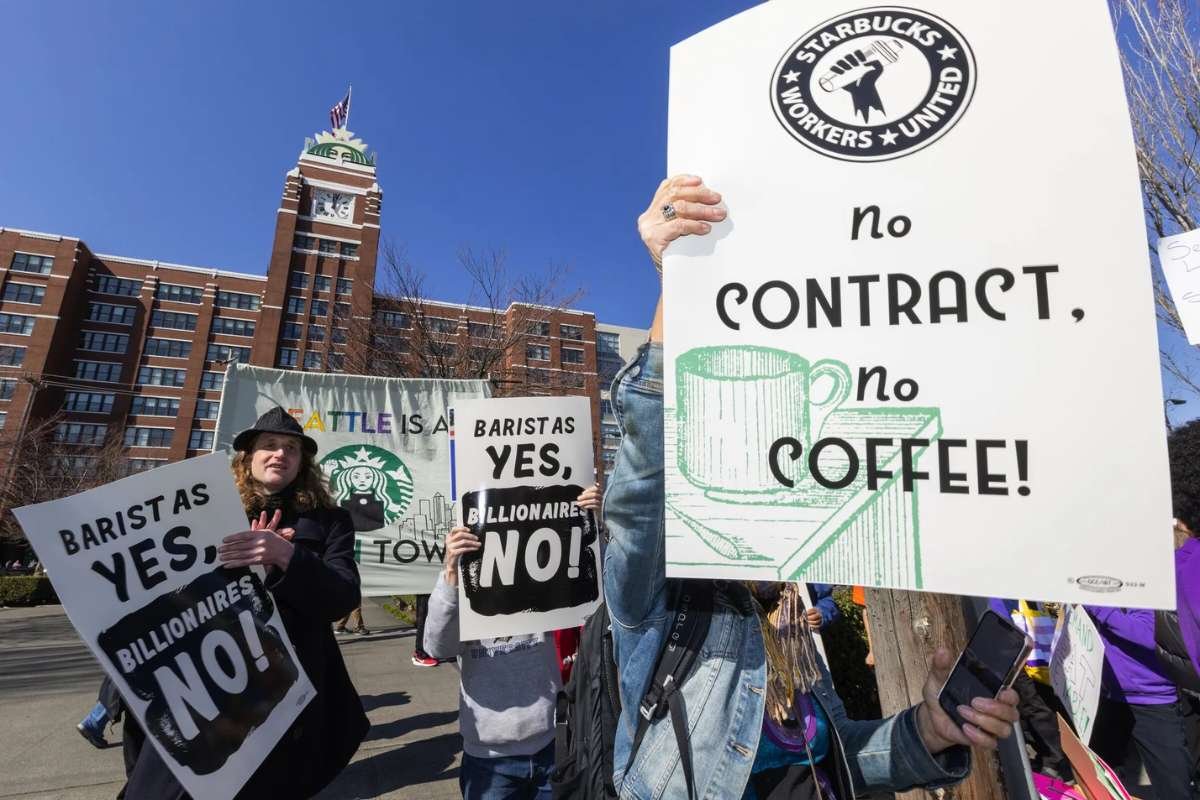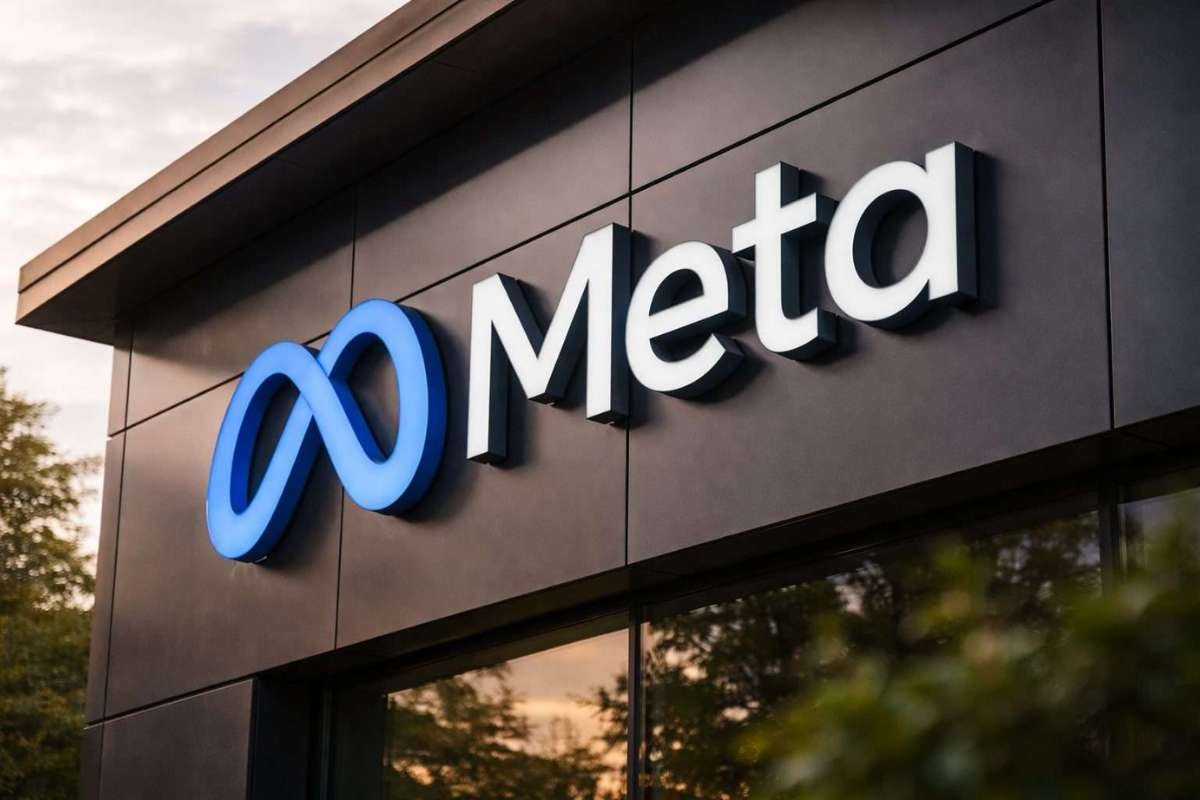Key Points:
- Starbucks Workers Strike planned for November 13, one of the company’s busiest days, as unionized baristas aim to pressure management during its annual Red Cup Day.
- Workers say Starbucks has failed to finalize a labor contract, prompting action across 25+ U.S. cities.
- This could be the biggest strike in Starbucks Workers United’s history, highlighting growing tensions between employees and corporate leadership.
Unionised baristas are preparing for a Starbucks Workers Strike on November 13 if the company and worker representatives fail to reach a contract agreement in time. The planned walkout is set to coincide with the chain’s annual Red Cup Day promotion, one of its highest-traffic events of the year.
Union members voted overwhelmingly over 90 percent in favour of authorising a strike should negotiations remain stalled. Organisers say workers across at least 25 U.S. cities are preparing to participate, with additional stores expected to join if talks do not move forward. The timing is deliberate, aiming to maximise visibility and pressure during a major sales period for the company.
Stalled Bargaining and Growing Frustrations
Labour negotiations between Starbucks and its unionised workforce began in early 2024 but have since reached an impasse, with no contract finalised. The ongoing stalemate has fueled momentum behind the Starbucks Workers Strike, as employees push for improved wages, more predictable scheduling, increased staffing levels, and enhanced compensation for early, late, or weekend shifts.
The union represents roughly 9,500 baristas, around 4 percent of the company’s U.S. café workforce. While the company maintains that its compensation and benefits remain competitive within the retail sector, workers argue that current earnings still fall short of meeting rising living costs.
Union leaders accuse the coffee giant of slow-walking negotiations and obstructing progress. Worker representatives say hundreds of labour-practice complaints have been filed over workplace policies and negotiation delays. Starbucks’ leadership, however, has described some union demands as unrealistic, while stressing ongoing efforts to stabilise operations and reverse sliding U.S. sales.
High Stakes as Holiday Season Approaches
The Starbucks Workers Strike on Red Cup Day could significantly affect operations during a period when stores typically experience heavy footfall. The event marks the unofficial start of Starbucks’ holiday season, drawing customers seeking limited-edition merchandise and seasonal beverages. Even temporary closures or staffing shortages could have a notable financial and operational impact.
As the November 13 deadline draws close, both sides face mounting pressure. Workers hope the looming strike will accelerate negotiations, while the company aims to avoid disruptions during a crucial quarter. Whether the two parties can bridge their differences before the deadline remains uncertain.
If an agreement is not reached in time, the Starbucks Workers Strike could become one of the most visible labour actions in the company’s history, highlighting growing tensions in the broader U.S. retail and service-sector workforce.
Sources:


















